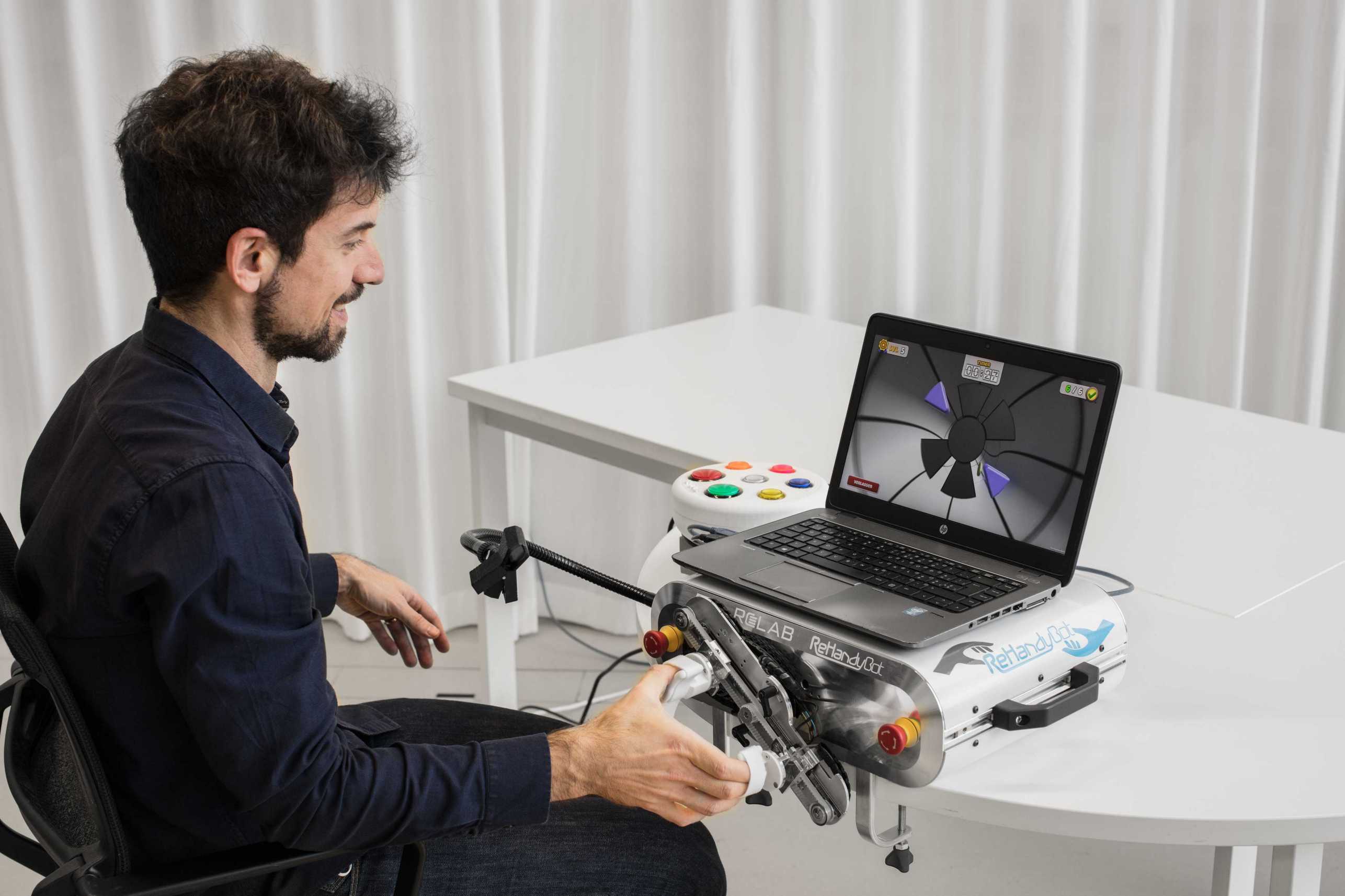Raffaele Ranzani
Raffaele Ranzani is part of the Rehabilitation Engineering Lab (RELab) at ETH Zurich since January 2015, first as PhD student and, currently, as PostDoc.
Born in 1988 in Ferrara, Italy, he received his B.Sc. magna cum laude in Biomedical Engineering from the University of Pisa in 2012 and his M.Sc. degree in Robotics, Systems and Control from ETH Zurich in 2014.
At the end of his Bachelor studies, he worked for one year in collaboration with Scuola Superiore Sant'Anna at the BioRobotics Institute (Pisa, Italy) on the design of novel autonomous underwater vehicles (AUV). In particular, his Bachelor thesis concerned the design of the docking system for the AUV "ANGELS". During his Master studies, he worked at HOCOMA on the design of "assist-as-needed" control strategies for the ArmeoPower line, and as teaching assistant at the Chair of Software Engineering and at the IRIS departments (ETH) in the fields of autonomous robotics and computer vision. In his master thesis at the SMS Lab at ETH Zurich in collaboration with the Department of Biomedical Engineering at TU Delft, he worked on the design of an adaptive human model-based impedance control for active knee prostheses.
During his PhD studies, he worked on the development of robotic platforms that can be used with minimal external supervision to perform hand therapy after stroke. In particular, his PhD thesis led to the development of HandyBot and ReHandyBot, two portable haptic devices with virtual reality training hand opening-closing, forearm pronosupination and/or wrist flexion-extension.
Since the end of 2016, he is studying at University of Milano Bicocca to obtain a degree in Medicine.
His research interests lie in minimally-supervised robotics applied to the world of human health, from neurorehabilitation to medical robotics. In particular, they include haptics and human-machine interfaces, prostheses and assistive devices.
